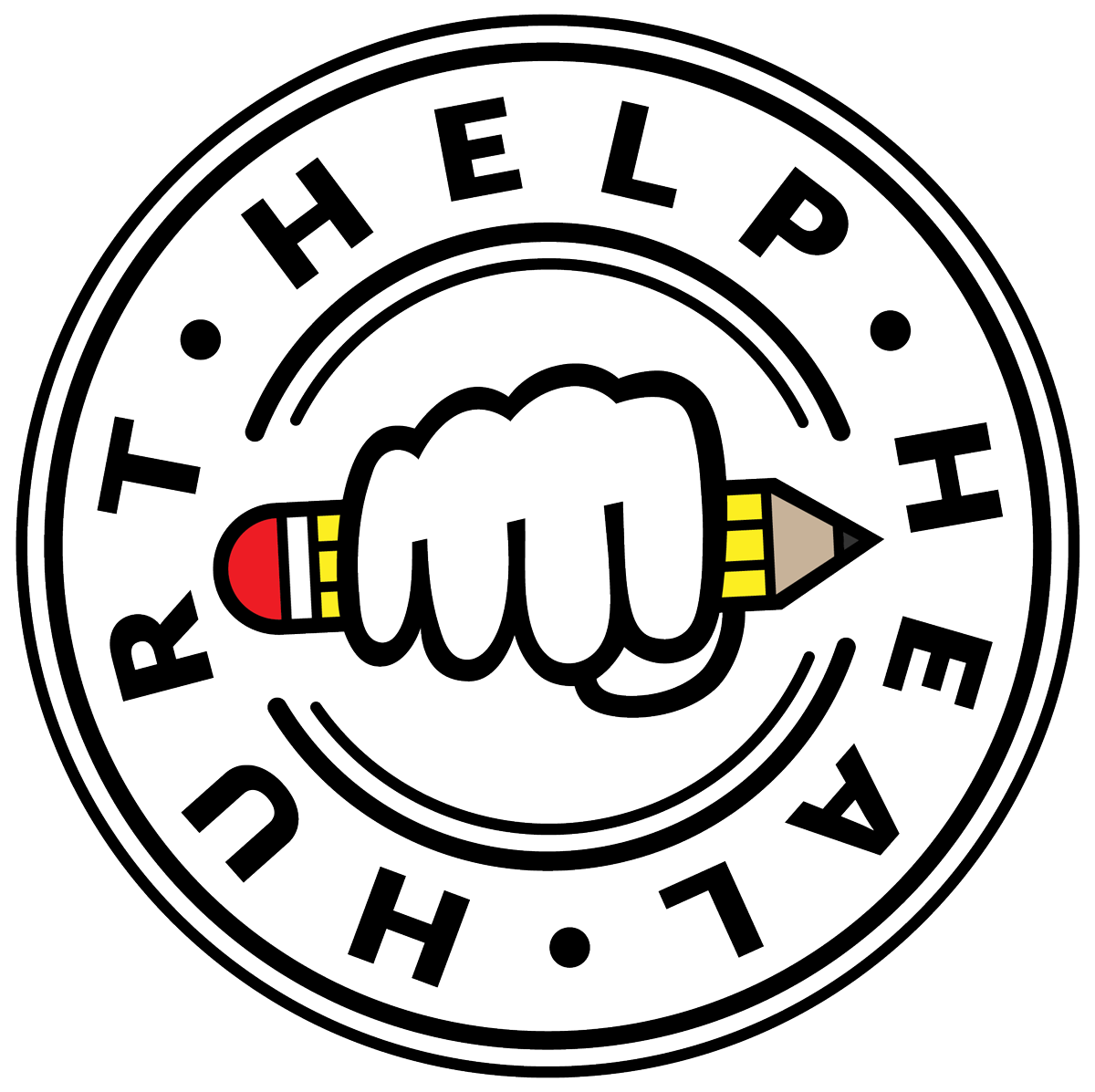We’re here to help
Writing Resources
Expressive writing is a therapeutic path towards healing as it leads to a deeper understanding of one’s self and circumstances. Writing about traumatic, stressful or emotional events has been found to result in improvements in both physical and psychological health.
Follow
Books & Articles
- How To Own Your Story: Honoring Pains And Collecting Joys by Susanne Slay-Westbrook, LPC-S, LMFT-S
- Writing For Healing: Writing It Down Will Help You Work Through Difficult times by Joyce Hocker Ph.D.
- The Write Way To Heal by Nancy Berns Ph.D.
- Writing To Heal by Bridget Murray
- Expressive Writing by John F. Ed.D
- Writing As A Way Of Healing: How Telling Our Stories Transforms Our Lives by Louise DeSalvo
- Can You Fix A Broken Heart by Writing About It? Ana Sandoiu
- Opening Up, Second Edition: The Healing Power of Expressing Emotions by James W. Pennebaker, Ph.D.
- Boosting Your Mental Health with Expressive Writing by Nora Sabahat Takieddine
Personal Development Resources
Personal development covers activities that improve awareness and identity, develop talents and potential, build human capital and facilitate employability, enhance quality of life and contribute to the realization of dreams and aspirations.
Follow
Books & Articles
- The Resilience Breakthrough: 27 Tools For Turning Adversity Into Action by Christian Moore, LCSW
- You Are A Badass®: How To Stop Doubting Your Greatness And Start Living An Awesome Life by Jen Sincero
- A Million Little Pieces by James Frey
- The Power Of Now: A Guide To Spiritual Enlightenment by Eckhart Tolle
- How To Change A Bad Habit In 10 Simple Steps by Jenise Harmon, LISW-S
Relationship Resources
Relationships are a necessary part of healthy living, but there is no such thing as a perfect relationship. Relationships, from acquaintances to romances, have the potential to enrich our lives and add to our enjoyment of life. However, these same relationships can cause discomfort, and sometimes even cause harm.
Follow
Websites
Videos
Books & Articles
- Boundaries: When to Say Yes, How to Say No To Take Control of Your Life by Henry Cloud and John Townsend
- An American Marriage by Tayari Jones
- How Relational Trauma Can Affect The Trust-Building Process by Lori Epting, LPC
- 50 Characteristics Of Healthy Relationships by Alice Boyes Ph.D.
- The 5 Love Languages: The Secret to Love that Lasts by Gary Chapman
- Are You a Toxic Person? 10 Questions to Ask Yourself by Erica Bonham, LPC
Mental Health & Self Care Resources
Sometimes people attempt to meet the needs of family members, employers, children, friends, or society in general before meeting their own needs, and working to please and care for others often interferes with one’s self-care routine and can take a toll on a person’s well-being. Activities that an individual engages in to relax or attain emotional well-being, such as meditating, journaling, or visiting a counselor.
Follow
Websites
- Text: NAMI to 741-741
National Suicide Prevention Lifeline
- Call: 1-800-273-8255
- Lifeline Crisis Online Chat
National Alliance For Mental Illness
- Call: 1-800-950-NAMI (6264)
- Nami Online Helpline
National Sexual Assault Hotline
- Call: 1-800-656-HOPE (4673)
- Online Chat
National Domestic Violence Hotline
- Call: 1-800-799-SAFE (7233)
Books & Articles
- Portraits Of Resilience by Daniel Jackson
- The Four Agreements by Don Miguel Ruiz
- The Gifts Of Imperfection: Let Go Of Who You Think You’re Supposed To Be And Embrace
- Who You Are by Brene Brown
- Unbroken Brain: A Revolutionary New Way Of Understanding Addiction by Maria Szalavitz
- Want to Manage Anxiety Naturally? Here Are 9 Ways to Begin by Elizabeth Cush, LCPC
- Is It Anxiety or Depression? How to Tell the Difference by GoodTherapy.org Staff

